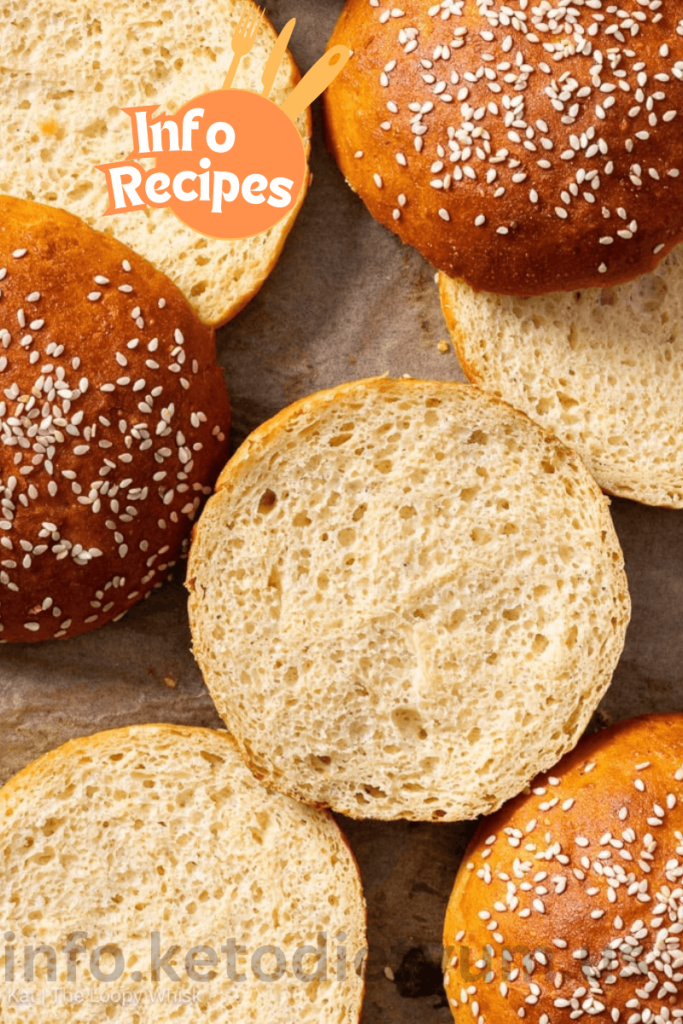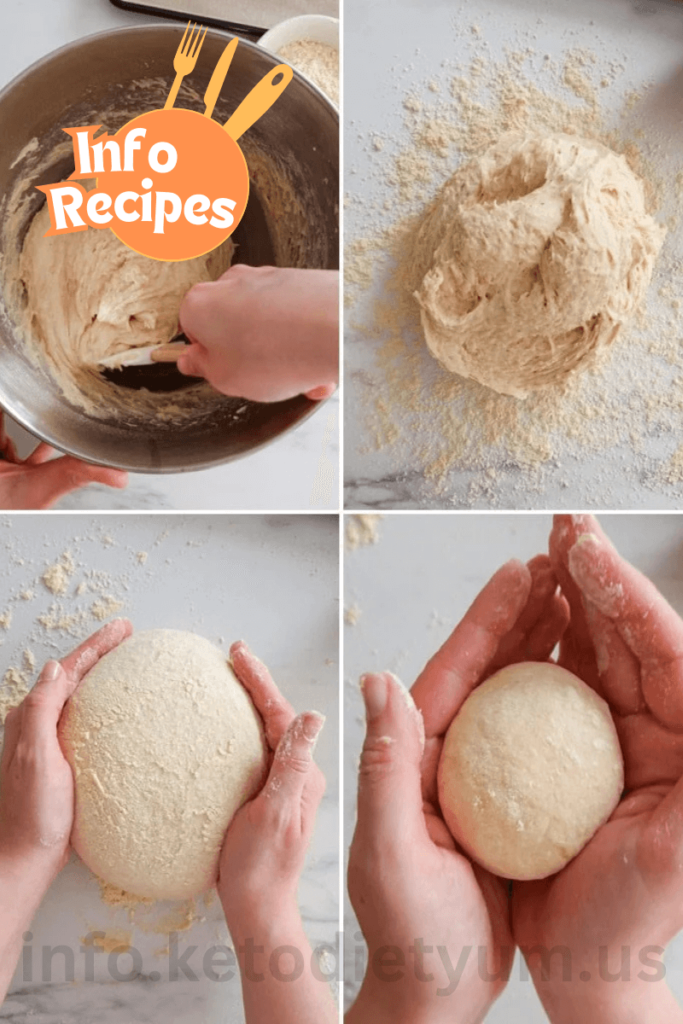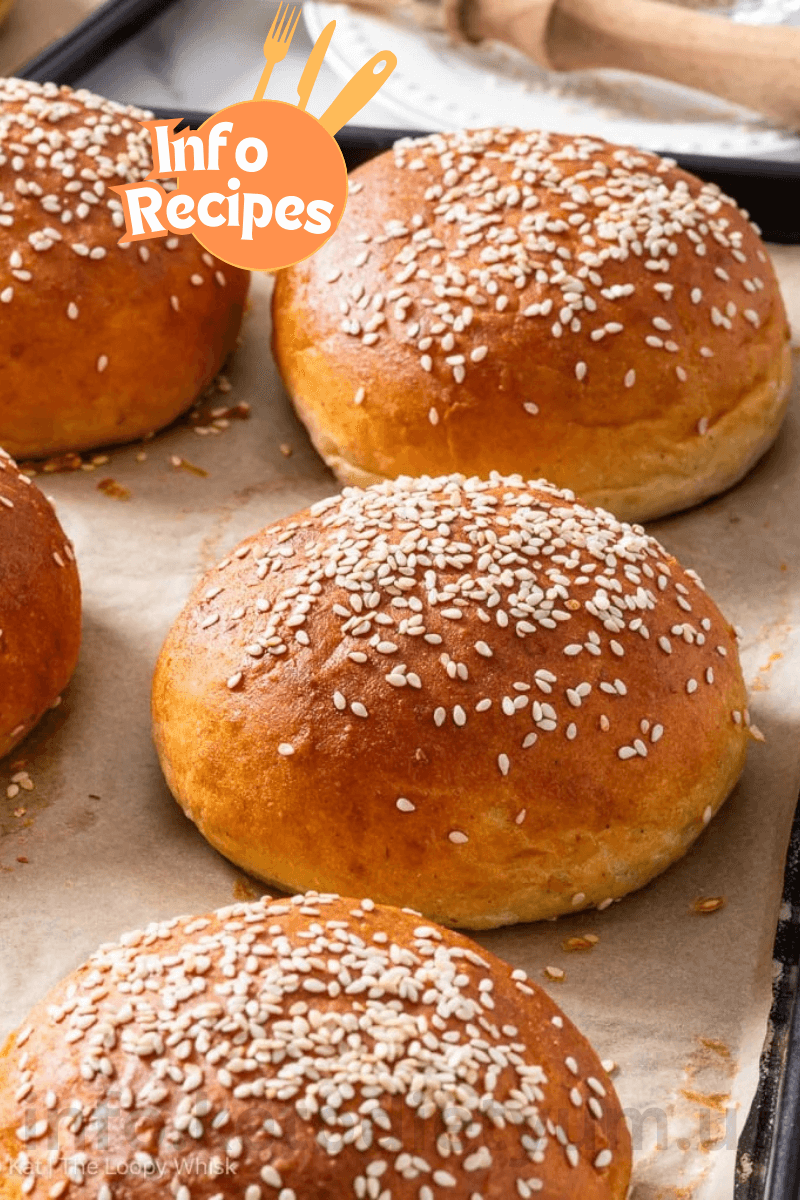These are the mildest and fluffiest gluten free burger buns you’ll at any point make – and they stay delicate for quite a long time! They have a brilliantly light, extravagant morsel and a delightfully rich flavor, and they’re really simple to make. They make the most astonishing burgers and sandwiches, and without question, everybody will cherish them, even non without gluten people.
I actually can’t exactly accept how strangely delicate and feathery these gluten free burger buns are. They’re similarly as pillowy-delicate and extravagant as any standard, gluten-containing bun: and that has been affirmed by my non without gluten taste analyzers also!
They have a superbly light and vaporous piece, as well as a delightfully rich flavor thanks to the eggs and entire milk in the batter. And keeping in mind that most brioche bun recipes use margarine as the fat of decision, I’ve found that oil will give you an improved outcome here: it gives you buns that are a lot gentler and they likewise remain as such for longer.

Furthermore, that is the truly extraordinary thing about this recipe: these gluten free burger buns stay delicate for quite a long time!!! You simply have to store them in a shut holder, they’ll in any case be magnificently delicate three or even four days subsequent to baking – and you don’t for a moment even need to warm them prior to serving (despite the fact that they’re flavorful toasted too).
- Easy Gluten Free English Muffins
- Lemon Blueberry Loaf
- Sourdough Bread
- Hot Pockets
- Keto Chocolate Cake
Top tips for making PERFECT gluten free burger buns
- Using a mix of psyllium husk and xanthan gum gives you a gluten free dough that has enough flexibility and extensibility so that it can expand (first during proofing and then during baking), while also having the perfect soft, plush texture typical of a good brioche.
- Baking powder is a somewhat unusual ingredient in a bread dough. It basically gives the yeast a helping hand and it ensures that the buns will be extra soft and fluffy, and therefore closer in texture to their “regular” counterpart made with wheat flour. I like to use baking powder in all my gluten free enriched bread recipes.
- The eggs are responsible for the rich flavour of these burger buns, and they also help to achieve the perfect brioche texture.
- Using oil instead of butter will give you a lighter crumb and burger buns that say softer for longer.
- A custom blend of gluten free flours will give you the best possible crumb – I don’t recommend using a shop-bought gluten free flour blend (that is, don’t use a 1-to-1 gluten free flour), as I can’t guarantee what the outcome will be like.
- The dough will be VERY soft and sticky – that’s how it should be, and it’s actually the key to super soft and fluffy gluten free burger buns! Initially, it might even look like a very thick batter, but don’t be tempted to add more flour to it: that would make your buns too dry and dense. You’ll be handling the dough on a generously floured surface and with floured hands, which will make it much easier to shape into the individual buns.
- The buns require just a single proof: you need to shape them, place them onto the lined baking sheet(s) and then proof until they’ve doubled in size, which usually takes about 1 hour 15 minutes to 1 hour 30 minutes.
- For an improved oven spring and a more open crumb, you can place the baking sheet with the proofed burger buns onto a pre-heated baking steel or baking stone. This is completely optional and you’ll get wonderful buns without it – but using the baking steel or stone will make them *even better*.

- You can enjoy the buns either warm or cooled completely to room temperature. They’ll stay wonderfully soft and fluffy even after they’ve cooled completely. In fact, they’ll stay soft for days – you don’t even need to reheat them!
Ingredients
Gluten free brioche dough:
- 20 g (4 tbsp) whole psyllium husk (If using psyllium husk powder, use only 17g.)
- 280 g (1 cup + 2½ tbsp) lukewarm water
- 230 g (2 cups) tapioca starch (You can use an equal weight of cornstarch (US)/cornflour (UK), potato starch or arrowroot starch instead.)
- 135 g (1 cup) millet flour, plus extra for flouring the surface (You can use an equal weight of finely milled/ground brown rice flour instead.)
- 60 g (⅓ cup + 2 tbsp) sorghum flour (You can use an equal weight of light buckwheat flour, white teff flour or oat flour instead. Use the latter only if you’re not sensitive to oats.)
- 50 g (¼ cup) caster/superfine or granulated sugar
- 8 g (2½ tsp) instant yeast (If using active dry yeast, use 10g.)
- 8 g (2 tsp) baking powder
- 7 g (2¾ tsp) xanthan gum
- 12 g (2 tsp) salt
- 120 g (½ cup) whole milk, lukewarm
- 2 US large/UK medium eggs, room temperature
- 50 g (3½ tbsp) sunflower oil, or other neutral-tasting oil of choice
You’ll also need:
- 1 US large/UK medium egg, whisked, for brushing the buns
- 1-2 tbsp sesame seeds, for sprinkling the buns
Instructions
Making the dough:
- I recommend making the dough using a stand mixer fitted with the dough hook attachment, as it’ll be very soft and sticky.
- Make the psyllium gel: In a bowl, mix together the psyllium husk and lukewarm water. After about 30-45 seconds, a gel will form.
- In a large bowl or the bowl of a stand mixer (if using), whisk together the tapioca starch, millet flour, sorghum flour, sugar, instant yeast, baking powder, xanthan gum and salt.Tip: If using active dry yeast instead, you need to activate it first. Mix it together with the lukewarm milk and a tablespoon of the sugar. Set aside for 5-10 minutes, or until the mixture starts frothing. Then, add it to the dry ingredients along with the rest of the wet ingredients.
- Add the milk, eggs and oil to the psyllium gel, and mix well to combine.
- Make a well in the middle of the dry ingredients and add the psyllium gel-egg mixture.
- Knead the dough until smooth and all the ingredients are evenly incorporated, then knead for a further 4-5 minutes (if using a stand mixer) or 6-8 minutes (if kneading it by hand). Use a rubber spatula to occasionally scrape along the sides and bottom of the bowl to prevent any dry patches of unmixed flour.Tip: This extra kneading time will make the dough EXTRA smooth, which is the key to beautiful gluten free burger buns.
- The final dough will be VERY soft and sticky – that’s okay, you’ll be working on a generously floured surface (and with floured hands) so it shouldn’t be a problem. Resist the temptation to add more flour to the dough, as that can make the final buns too dense and dry.Tip: If you find the dough too sticky to easily handle (even on a floured surface and with floured hands), you can chill it in the fridge for about 1 hour before proceeding to the next step. This will make the dough slightly less sticky and therefore easier to handle.

